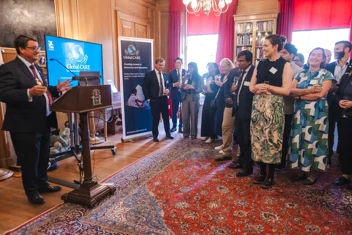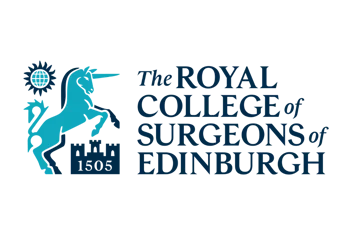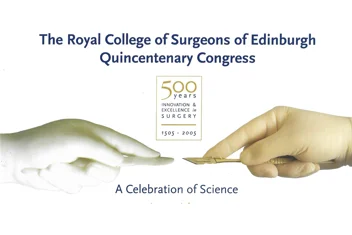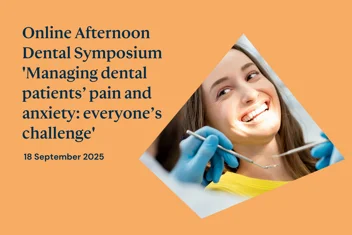Featured RCSEd Blog
Blogs Library
Anatomy and the Surgeon - From a surgical examiner's perspective
Explore why anatomy is central to safe surgery. From an RCSEd examiner’s perspective, see how the MRCS exam and Wade Programme emphasise applied anatomical knowledge for patient safety, operative skill and surgical training excellence.
Intercollegiate MRCS , MRCS Exam , MRCS Part A , MRCS Part B , MRCS Edinburgh , MRCS International , MRCS Preparation , MRCS Anatomy Revision , MRCS Revision , Membership of the Royal College of Surgeons

Surgery Saves Lives, Access Changes Everything: Global CARE Launches
On Thursday 26 June 2025, the College’s officially launched Global CARE - Creating Access to Resources and Education. This pivotal occasion marked a transformative step forward in the College's commitment to global health equity, bringing together Members, Fellows, donors, and partners who share our vision of a fairer, more equitable global healthcare system.
















